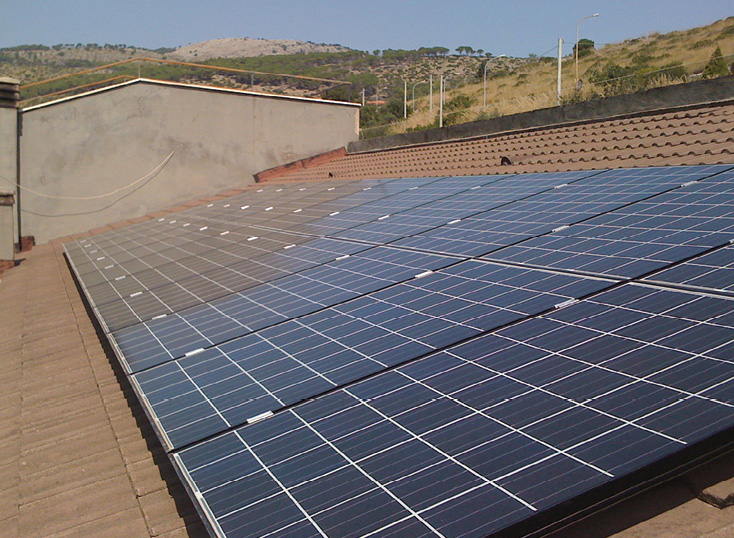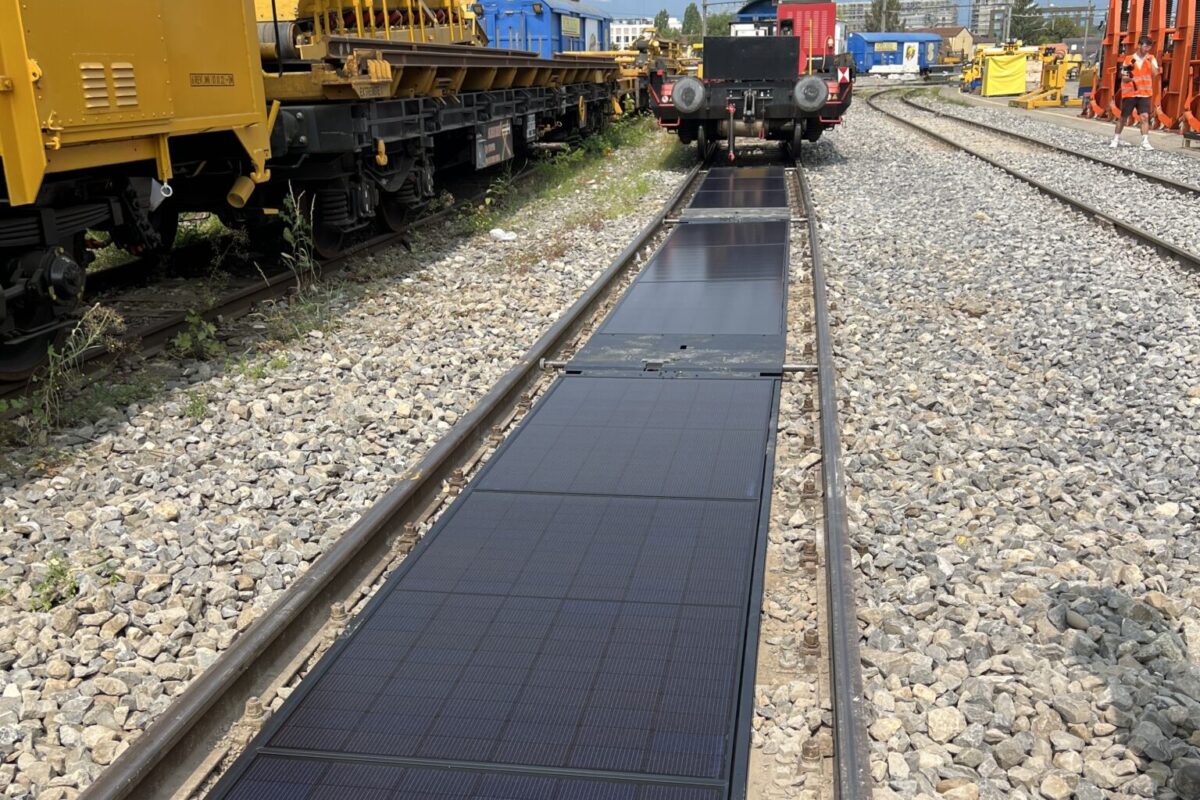The Italian government's National Recovery and Resilience Plan (NRRP) 2, published in the country's official journal in March, introduces new fiscal credits to purchase components for renewable energy projects.
The fiscal credits for PV could cover up to 35% of the cost of solar modules and will be awarded to projects that exclusively use PV modules made in the European Union. They will be awarded to projects with panels with module efficiency ratings of more than 21.5%, or products with cell efficiencies above 23.5%. They will also be awarded to projects that use either heterojunction or perovskite-silicon tandem modules with efficiencies of more than 24%.
pv magazine Italy asked four Italian analysts and a WTO official whether Asian manufacturers might challenge the measures.
“The new provisions have to be seen in the broader context of the European Green Deal and the Net Zero Industry Act (NZIA),” said Celeste Mellone, partner at Italian law firm Green Horse Advisory. “As already stated by Energy Commissioner Kadri Simson, these measures aim to support the European market without introducing duties or similar measures against Chinese module producers.”
Mellone added that the impact would be initially limited due to the lack of European panel makers who meet the conditions.
“Given the modest amount of the tax credit – around €1.8 billion ($1.93 billion) in the period 2024-25 – and the natural scarcity of modules that comply with the requirements, we do not expect that the measure will have prejudicial effects for Chinese producers in practice,” said Mellone.
She argued that the possibility of a Chinese appeal against the new provisions is remote.
“I believe that the legal actions, if proposed, will be in the form of a challenge to the secondary legislation and therefore it will only be possible within about three months to verify whether there will be disputes and how many,” said Emilio Sani, a lawyer at Studio Sani Zangrando.
However, Sani argued that the Italian law must be contextualized within the broader European situation.
“In particular, the possibility is envisaged of introducing into the auction procedures for incentives, on 30% of the auction volumes or at least 6 GW per year, the obligation to satisfy some non-price criteria,” Sani explained. “Presumably it is on these rules that an important discussion could open up.”
Similar situations in the past have not led to confrontations.
“There is a WTO precedent relating to the introduction of the so-called ‘domestic content restrictions' for European production modules in the post-2009 Italian photovoltaic incentive schemes which had been the subject of a request for consultations by China,” said Anna De Luca, a lawyer at Macchi di Cellere Gangemi. “However, the WTO system has been in crisis for several years.”
In November 2012, China initiated dispute proceedings at the WTO regarding certain measures, including domestic content restrictions, that affected the renewable energy production sector.
“As with all WTO disputes, the proceedings began with a request for consultations in which the two sides were invited to sit down and discuss their differences,” a WTO spokesperson told pv magazine Italy. “It is true that there have been no new developments in the case since China's request for consultations in 2012, other than the fact that the EU agreed to allow Japan to participate in the consultations. We have no information on if and when such talks took place and what the results were, as they are confidential between the participating parties. You should ask China and the EU for further details.”
The spokesperson suggesting that even such measures could be the subject of bilateral meetings, rather than proceedings and negotiations within the framework of international institutions.
This content is protected by copyright and may not be reused. If you want to cooperate with us and would like to reuse some of our content, please contact: editors@pv-magazine.com.



By submitting this form you agree to pv magazine using your data for the purposes of publishing your comment.
Your personal data will only be disclosed or otherwise transmitted to third parties for the purposes of spam filtering or if this is necessary for technical maintenance of the website. Any other transfer to third parties will not take place unless this is justified on the basis of applicable data protection regulations or if pv magazine is legally obliged to do so.
You may revoke this consent at any time with effect for the future, in which case your personal data will be deleted immediately. Otherwise, your data will be deleted if pv magazine has processed your request or the purpose of data storage is fulfilled.
Further information on data privacy can be found in our Data Protection Policy.